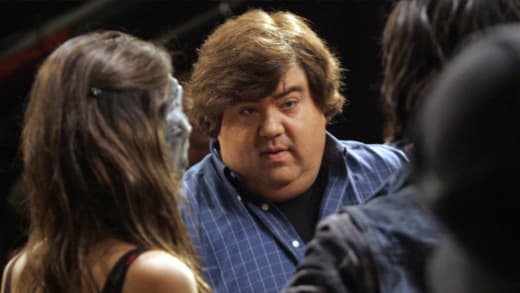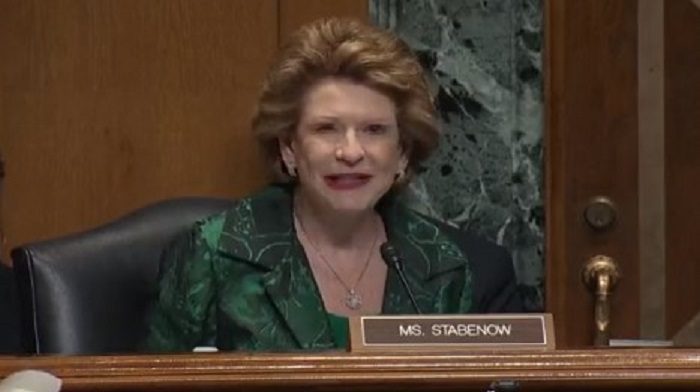The Best of the Literary Internet, Every Day

TODAY: In 1953, Ian Fleming’s Casino Royale, the first Bond novel, is published.
- Rebecca Solnit on Mary Shelley’s dystopian sci-fi novel, The Last Man: “As a man, she would have cut a swathe through nineteenth-century English intellectual life and paid no price for living with her future spouse before marriage. As a woman she was cut down to nothing again and again.” | Lit Hub Criticism
- Maris Kreizman argues that there are too many books. Or rather, that quantity over quality is an industry-wide issue. | Lit Hub Book News
- “Who is telling—and translating—the truth?” Emily Nemens on baseball, translation, and the recent Shohei Ohtani scandal. | Lit Hub Sports
- Fiona Williams examines what happens when you cross the contemporary novel with nature writing (and recommends some books to read outside). | Lit Hub Criticism
- “I had a Xanga and I would write a lot on there.” Stephen Patrick Bell interviews Crystal Hana Kim. | Interview
- Is every book precious? On the controversial practice of throwing books away. | Salon
- Colin Vanderburg considers the life and works of Lyn Hejinian. | n+1
- “As we’ve reached the year in which Octavia Butler’s Parable of the Sower begins, it’s become something of a cliché to comment on how prophetic the novel truly is.” On Octavia Butler, Audre Lorde, and the power of pleasure. | Reactor
- “I like it when I pick up something, I don’t know what it is, and then my head gets blown off. That’s my favorite reading experience.” Maggie Nelson talks to Lauren Michele Jackson. | The New Yorker
- Ed Simon explores the evolution of commonplace books into anthologies, and the act of assembling a literary bouquet. | JSTOR Daily
- An interview with Nancy Fraser after Cologne University canceled her visiting professorship because she signed a letter in support of Palestine. | Jacobin
- “As I read on the uptown-bound train, Bob is washing Ed’s corpse; I check the time on my phone, then see that my Twitter feed is mostly Palestinian corpses covered in blood and ash. I cannot disconnect the two images.” On who is afforded a non-politicized death. | The Baffler
- Rafael Frumkin considers literatures of autism and the right to authorship: “I am instantly flattened and reduced. What it means to be autistic is instantly flattened and reduced. The categories of “autistic” and “author” are forcibly decoupled.” | Electric Literature
- Tony Tulathimutte considers the rejection plot. | The Paris Review
- “What’s particularly striking about the present moment is how the accumulated contradictions of American political economy have reached an impasse.” Revisiting Karl Marx’s The Eighteenth Brumaire. | Jacobin
- “Bad writers with strong ideological convictions, like me, at least have a burning sense of political grievance to fuel their output. Not so with Paul.” Hamilton Nolan on Pamela Paul, and other columnists. | How Things Work
- Alexei Navalny’s memoir—written in prison before his death in February—will be published in October. | BBC
- “These sentences are failures; I could write six months, six years, without capturing a shard of Gaza’s present reality.” Sarah Aziza on language in the face of genocide. | The Baffler
- Ayana Mathis on how fiction can re-orient our sense of apocalypse | New York Times
Also on Lit Hub:
Anne Lamott on growing old • Alison C. Rollins on silence, Afrofuturism, and writing poems • Suzi Ronson on witnessing David Jones became David Bowie • Mairead Small Staid considers what it means to not recognize ourselves and the ones we love? • The time Iron Sheik threatened to kill Brad Balukjian • Emily Howes on what fiction writing shares with psychotherapy • Dispatches from the land of erasure during a genocide • The transformative art of translation • When Ian Fleming went to Moscow • Katarina Carrasco on female physicality in fiction • The shadowy history of women’s health • A reading list Queer Canada’s past • The sensitive nature of true crime book promotion • Cappy Yarbrough on dyslexia and working in a bookstore • Amanda Montell on the mental magic tricks we play on ourselves • Dennis Tang on the joys of not writing it all down • Henriette Lazaridis on writing a novel where Greeks speak for themselves • On the Pilobolus Dance Theatre • Emily Skaja suggests 50 ways to end a poem • Kelly E. Hill on the Home for Friendless Women • A visual guide to the nuances of the English language • The best reviewed books of the week • How the Telecommunications Act of 1996 destroyed indie rock
























































